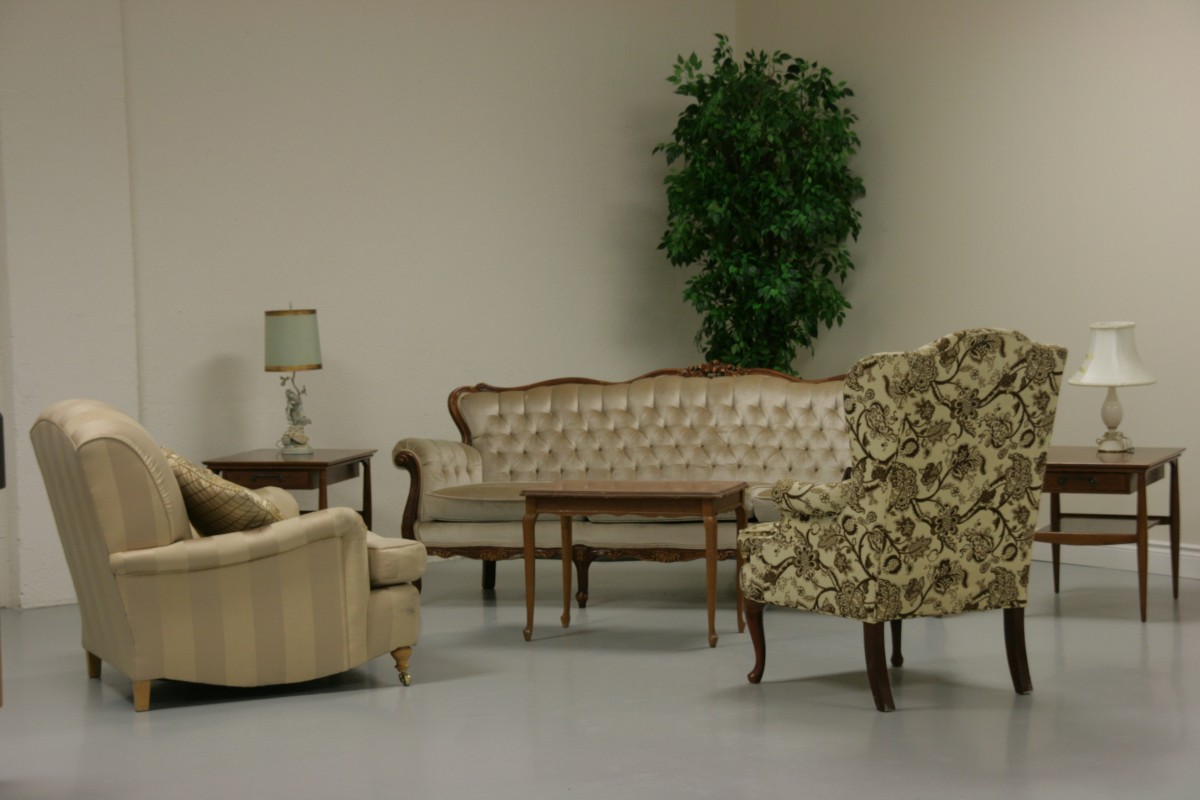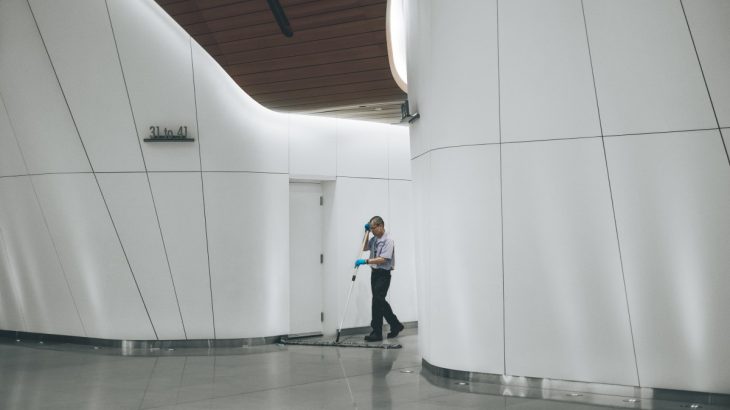If you want to personalize your interior with an aesthetic and modern touch, you can use polished concrete.
Let’s look at the unique features of this wall or floor covering.
Polished concrete is a process that consists of sanding and polishing any concrete covering, whether it is laid on the floor or the wall. To do this, techniques are used that give it a mirror-like appearance. These techniques can be applied to both interior and exterior concrete.
The chemical treatment of concrete is carried out with the following products: pigment, primer, solution, and resin.
The role of the components is as follows:
– to increase the hardness of the concrete;
– to reduce its porosity;
– to bring out the aggregates.
The mixture is then worked to obtain very chic glossy concrete.
Good to know: polished concrete is suitable for both business and residential areas.
Choice of polished concrete
Depending on your taste, you can choose the color of your polished concrete from a wide range of colors. The principle of coloring consists of dyeing the concrete with ink either during the pouring phase or during the polishing phase.
You can inlay materials with a design effect such as:
– pebbles,
– pebbles or rolled glass of various colors,
– small tiles for a mosaic effect,
– wooden slats.
Good to know: polished concrete is laid in just a few hours.
Advantages of polished concrete

Polished concrete is a coating with the following characteristics:
– High abrasion resistance.
– Does not suffer from humidity.
– Low maintenance.
– Resistance to dirt.
– Long-lasting.
– Provides a decorative finish.
Good to know: polished concrete is particularly suitable for urban, design, or chic interiors.
Polished concrete: installation advice
Before any application of polished concrete, it is recommended to:
– Avoid carrying out the work in frosty weather or scorching weather. The ambient temperature must be between 5 and 25°C throughout the work. Similarly, the humidity level must be minimal.
– Draw a detailed plan of the surface covered with concrete, dividing it into several areas of no more than 10 square meters.
– Plan the location of the expansion joints, taking into account the room’s shape. To avoid them being too visible, it is advisable to make the joints in the corners. A distance of 4 m between each joint is strongly recommended.
– Use a material suitable for the type of flooring. The concrete must comply with EN 206-1.
Good to know: the execution phase of the works implies compliance with the trade rules.
Maintenance of polished concrete
To ensure that the polished concrete retains its original appearance for as long as possible, it is recommended that either linseed oil or beeswax be applied to the coating.
On the other hand, it is strongly recommended not to use on polished concrete:
– bleach, which may cause the concrete to lose its original color,
– any detergent product containing an acidic substance.
Good to know: to maintain polished concrete and preserve its beauty without harming the environment or the coating, it is best to use natural products based on plants.
Price of polished concrete
The price of polished concrete depends on:
– its quality,
– the degree of finish,
– the materials used for any inlays.
Good to know: if you wish to have your work carried out by a professional, you will, of course, have to add to the price of the polished concrete, the cost of labor, and the cost of the various services.
Hope this post has given you food for thought if you are thinking of personalizing your interior or exterior with polished concrete.



















